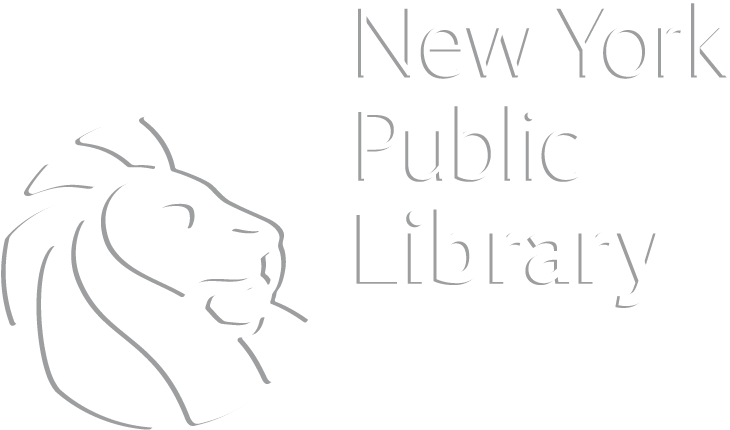The Data Assembly is an initiative from The GovLab supported by the Henry Luce Foundation to solicit diverse,
actionable public input on data re-use for crisis response in the United States. The initiative began in the
summer of 2020 with an initial focus on the response to the COVID-19 pandemic in New York City. Remote
deliberations with three “mini-publics” featuring data holders and policymakers, representatives of civic rights
and advocacy organizations, and New Yorkers from across the five boroughs yielded actionable recommendations to
guide the data-driven response to COVID-19 and other emerging threats.
Please get in touch to learn more about implementing these recommendations or to co-organize a Data Assembly in your city.
The Responsible Data Re-Use Framework synthesizes lessons learned from the New York City Data Assembly and presents a set of design principles to support responsible data handling policy and practice.
Purpose-Driven Re-Use
The
re-use of data in the context of COVID-19 should be tied to a clear and
well-defined
purpose.
Equitable
Benefits
Practitioners should prioritize data re-use that benefits all people, including
under-served populations and those who are “invisible” in many institutional datasets.
Minimum Viable
Analysis
Practitioners should only re-use data when it is the most direct, least invasive
means
to obtain the desired outcome.
Participants in all three mini-publics expressed a willingness to tolerate increased surveillance for public health purposes. However, this expanded support for data collection and re-use does not excuse organizations from abiding by responsible data practices and other basic duties of care. Organizations should provide mechanisms that guarantee public oversight of their actions and provide opportunities for public input and accountability.
Though recent events have prompted more awareness of data re-use, many government leaders, community groups, and members of the public might lack knowledge of certain data practices and terminology. As such, meaningful public participation (including informed consent) in a data re-use effort depends on all communications being clear, well-justified, and broadly understandable. Various actors, including public libraries, could play an important role in fostering data literacy.
Data re-use can yield substantial benefits for a community, but these benefits are not always distributed to those who need them most. In the mini-publics, participants noted the ability for data projects to miss subsets of the population or otherwise exacerbate existing inequalities. To address these problems, organizations should consider whether the data they intend to re-use misses or under-represents any groups or whether the methods have the potential to otherwise cause harm.
Participants in the mini-publics highlighted the need for effective public engagement and leadership from local actors in government and civil society. The deliberations also pointed to the importance of involving trusted intermediary organizations working at the local level that can help to engage with and solicit input from target beneficiary communities.
Data re-use projects are complex undertakings that require coordination with various actors inside and outside an organization. Dedicated positions devoted to these issues can allow organizations to better respond to new circumstances as they arise. In The GovLab’s work, we call the people in these positions “data stewards.”
Too often, policy is designed and conducted in a top-down manner, with little citizen input. We believe this more inclusive effort will yield trusted and effective data policies in the fight against COVID-19.
Dr. Mariko Silver
President and Chief Executive Officer of the Henry Luce Foundation
If used responsibly and effectively, data could help to mitigate the impacts of COVID-19, but to unlock data’s value, we need to rapidly get smarter about the policy and governance challenges resulting from re-using data; as well what public expectations are.
Stefaan Verhulst
Co-Founder and Chief Research and Development Officer of The GovLab
Data is increasingly the primary format for sharing information to understand crises and plan recovery efforts; empowering everyone to better understand how data is collected and how it should be used is paramount. We look forward to learning from the insights gathered by the GovLab through the Data Assembly work they are conducting in New York City.
Adrienne Schmoeker
Director of Civic Engagement & Strategy and Deputy Chief Analytics Officer, NYC Mayor's Office of Data Analytics
We are now witnessing generation-defining civil liberties struggles erupt across America. A central thread running through all debates: communities—especially those have been long oppressed—are rightly demanding "nothing about us without us.” Community voices have been critical in bringing greater awareness to complex policy issues, and in winning long-overdue reforms.
Panthea Lee
Executive Director of Reboot
Discussions on data governance—which have urgent and heightened importance during the pandemic—have typically been deemed to be beyond the interest or understanding of the general public, and thus dominated by technical “experts”. But the questions under consideration will impact us all, and thus require broad discussion and deliberation. The Data Assembly is an important and timely effort to advance this conversation.
Panthea Lee
Executive Director of Reboot
Technology is reshaping cities, their services, and their public spaces. It's key for residents to feel that they both understand and have a voice in that change. We have to raise the bar on civic engagement when it comes to data and technology innovations in our communities.
Denise Riedl
Chief Innovation Officer for South Bend, IN and a Fellow with the Benton Institute
Resolving social trade-offs requires that many different voices be heard. This may sound radical, but it is in fact the original lesson of democracy: Citizens should have a say.
Federica Carugati
Program Director, Center for Advanced Study in the Behavioral Sciences at Stanford University






Interested in learning more about the Data Assembly; collaborating on the implementation of these recommendations and the Responsible Data Re-Use Framework; or co-organizing a Data Assembly in your city? Get in touch with the project team using this form.
* indicates required fields
Thank you for your submission!




